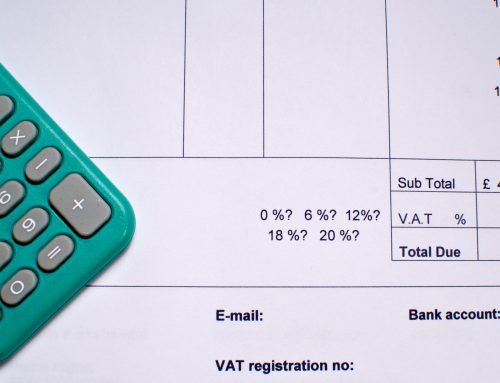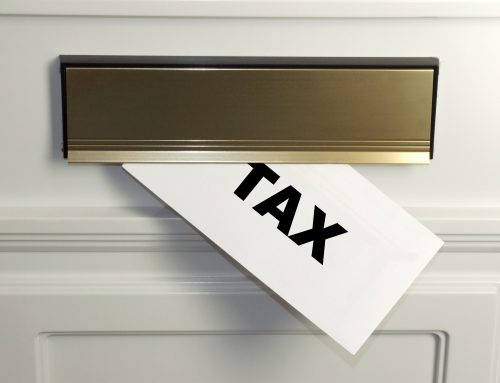HMRC may allow an appeal against a penalty if the taxpayer has a ‘reasonable excuse’ for why, say, they filed a return late or paid their tax late.
A ‘reasonable excuse’ is something that prevented a taxpayer from meeting a tax obligation despite the fact that they took reasonable care. HMRC take a hard line as regards what they constitute as a ‘reasonable excuse’; providing the following examples of ‘acceptable’ reasonable excuses:
- the taxpayer’s partner or another close relative died shortly before the tax return or payment deadline;
- an unexpected stay in hospital that prevented the taxpayer from dealing with their tax affairs;
- a life threatening illness;
- the failure of a computer or software just before or while the taxpayer was preparing their tax return;
- service issues with HMRC;
- a fire, flood or theft which prevented the completion of a tax return;
- postal delays which could not have been predicted; or
- delays relating to a disability.
By contrast, HMRC cite the following example of excuses that they will not accept as a valid reason for failing to meet a tax obligation:
- relying on someone else to send the return and they failed to send it;
- a cheque or payment bounced due to insufficient funds;
- the taxpayer found HMRC’s online system too complicated;
- the taxpayer did not receive a reminder from HMRC; or
- the taxpayer made a mistake on their return.
Impact of coronavirus
HMRC have confirmed that they will consider coronavirus as a reasonable excuse. Where claiming this, the taxpayer should explain in their appeal how they were affected by coronavirus. As a rule of thumb, HMRC are more likely to accept it as a reasonable excuse where the virus led to one of the circumstances listed above as ‘acceptable reasonable excuses’. Thus the contention that the taxpayer had a reasonable excuse for failing to meet a tax obligation would be strong if a partner or close relative (such as a parent) died of Coronavirus around the tax deadline, the taxpayer was seriously ill with the virus or was in hospital unexpectedly.
Where the taxpayer appeals on the grounds that they had a reasonable excuse for failing to file a return or pay a tax bill, they should file the return or pay the bill as soon as they are able after the reason for the reasonable excuse has been resolved.





